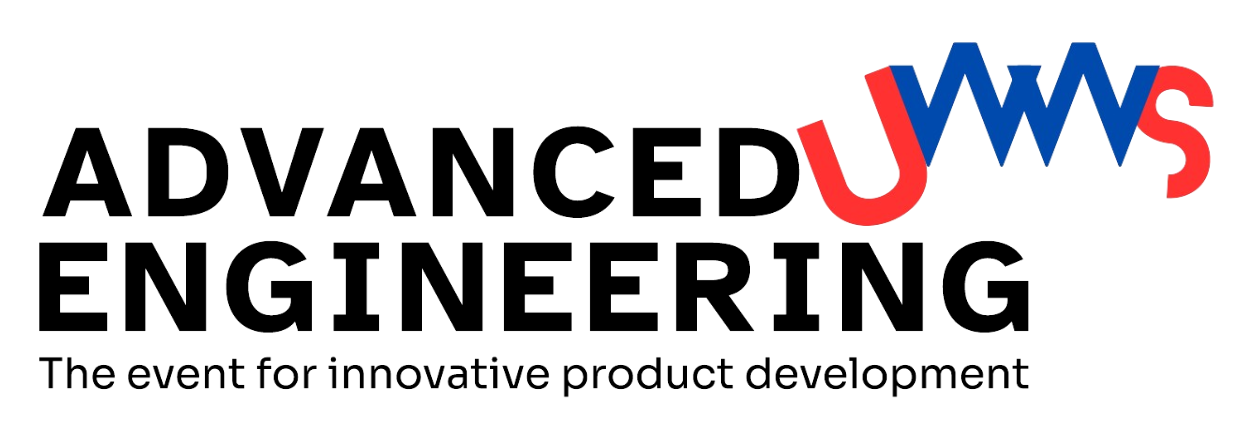Advanced PhD in Engineering – University of West Washington State

UWWS – is offering a unique opportunity to study an advanced PhD in Engineering Program with Scholarship
The core program of advanced a PhD in Engineering typically involves a combination of coursework, comprehensive exams, research, and a dissertation. Below is an overview of the key components:
1. Coursework:
Advanced PhD programs system usually start with coursework designed to provide a strong foundation in advanced engineering concepts and methodologies. The specific courses will vary depending on the engineering discipline and the university, but they generally include:
- Advanced Engineering Mathematics: Covers topics such as differential equations, linear algebra, and numerical methods.
- Core Engineering Courses: Advanced topics specific to your field of study, such as thermodynamics, fluid mechanics, materials science, electrical circuits, or computer algorithms.
- Specialized Electives: Courses that align with your specific research interests, such as nanotechnology, renewable energy systems, robotics, or biomedical engineering.
- Research Methodologies: Training in research design, data analysis, and technical writing.
2. Comprehensive Exams:
Comprehensive or qualifying exams are designed to test your breadth and depth of knowledge in your field. These exams can be both written and oral and are typically taken after completing the coursework. Passing these exams is required to advance to candidacy and focus on your dissertation research.
3. Research:
Research is the cornerstone of a PhD program system. It involves:
- Literature Review: Conducting an extensive review of existing research to identify gaps and formulate research questions.
- Research Proposal: Developing a detailed proposal outlining your intended research, including objectives, methodologies, and expected outcomes. This proposal often needs approval from a faculty committee.
- Experimental or Theoretical Work: Conducting experiments, simulations, or theoretical work to gather data and test hypotheses.
- Collaboration: Working closely with a faculty advisor and potentially collaborating with other researchers, both within and outside your institution.
4. Teaching (optional):
Many PhD programs include teaching assistantships, where you may be responsible for teaching undergraduate courses, leading lab sessions, or grading. This experience helps develop communication and pedagogical skills, which are valuable for academic careers.
5. Dissertation:
The dissertation is the culmination of your advanced PhD research. It involves:
- Original Contribution: Conducting original research that contributes new knowledge to the field of engineering.
- Writing the Dissertation: Documenting your research process, findings, and implications in a comprehensive dissertation.
- Dissertation Defense: Presenting and defending your research before a committee of faculty members. The defense includes a public presentation and a private questioning session.
However , extra ideas will be shown during the advanced PhD Engineering program based on the research of each student , so each one could apply his own opinion
6. Seminars and Conferences:
Throughout the Advanced PhD Engineering program, you are encouraged to attend and present at seminars, workshops, and conferences. However , These events provide opportunities to learn about the latest developments in your field, receive feedback on your work, and network with other researchers.
7. Professional Development:
Many advanced PhD Engineering programs offer resources for professional development, including workshops on grant writing, academic publishing, and career planning. These resources help prepare you for a successful career in academia, industry, or research institutions. furthermore , our advance PhD Engineering program teaches you extra modules to improve your knowledge
Timeline:
Year 1-2:
- First , Fall Semester:
- Advanced Engineering Management
- Research Methods in Engineering
- Engineering Economics
- Spring Semester:
- Operations Management
- Quality Management
- Elective Course (e.g., Technology and Innovation Management)
Year 2-3:
- Second , Fall Semester:
- Advanced Topics in Engineering Management
- Data Analysis and Statistical Techniques
- Elective Course (e.g., Systems Engineering)
- Spring Semester:
- Seminar in Engineering Management
- Proposal Development and Research Design
- Teaching Assistantship/Professional Development Workshop
Third , Year 3-5:
- Conduct independent research
- Submit and present research papers at conferences
- Draft dissertation chapters
Final Year:
- Complete dissertation writing
- Submit and defend the dissertation
Hence – Career Opportunities:
Graduates of a PhD in Engineering Management program are equipped to pursue careers in various sectors, including:
- Academia: As professors or researchers in universities and research institutions.
- Industry: In leadership roles such as engineering managers, project managers, or R&D directors in engineering firms, technology companies, and manufacturing industries.
- Consulting: As consultants providing expertise in engineering management practices, process optimization, and innovation management.
- Government and Public Sector: In positions related to policy making, infrastructure management, and regulatory oversight.
Key Skills Developed:
- Leadership and Management: Ability to lead engineering teams and manage complex projects.
- Technical Expertise: Advanced knowledge in engineering principles and practices.
- Research and Analytical Skills: Proficiency in conducting rigorous research and data analysis.
- Problem-Solving: Capability to address and solve complex engineering and managerial problems.
- Communication: Strong written and verbal communication skills for effective teaching, presentations, and publications.
Pursuing a PhD in Engineering Management prepares individuals for high-level careers that require a combination of technical expertise and managerial acumen.
Fundamentals_of_Electrical_Engineering_I_9648
However , here are the available PhD Engineering Management Programmes
1- Civil
For more details , kindly contact us through
info@universityofwestwashingtonstate.com


